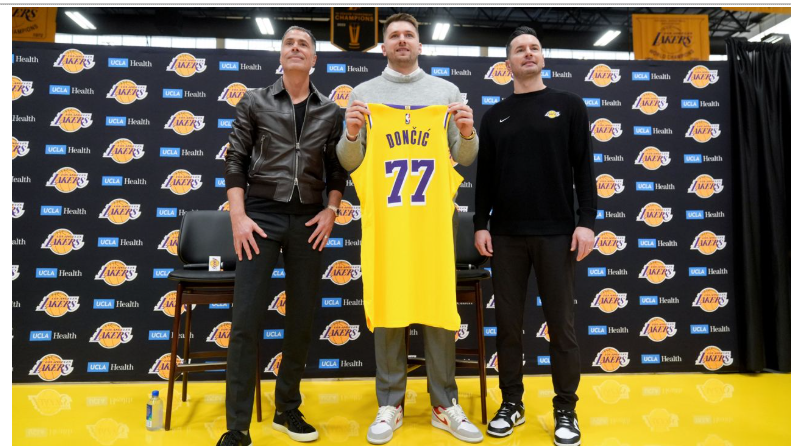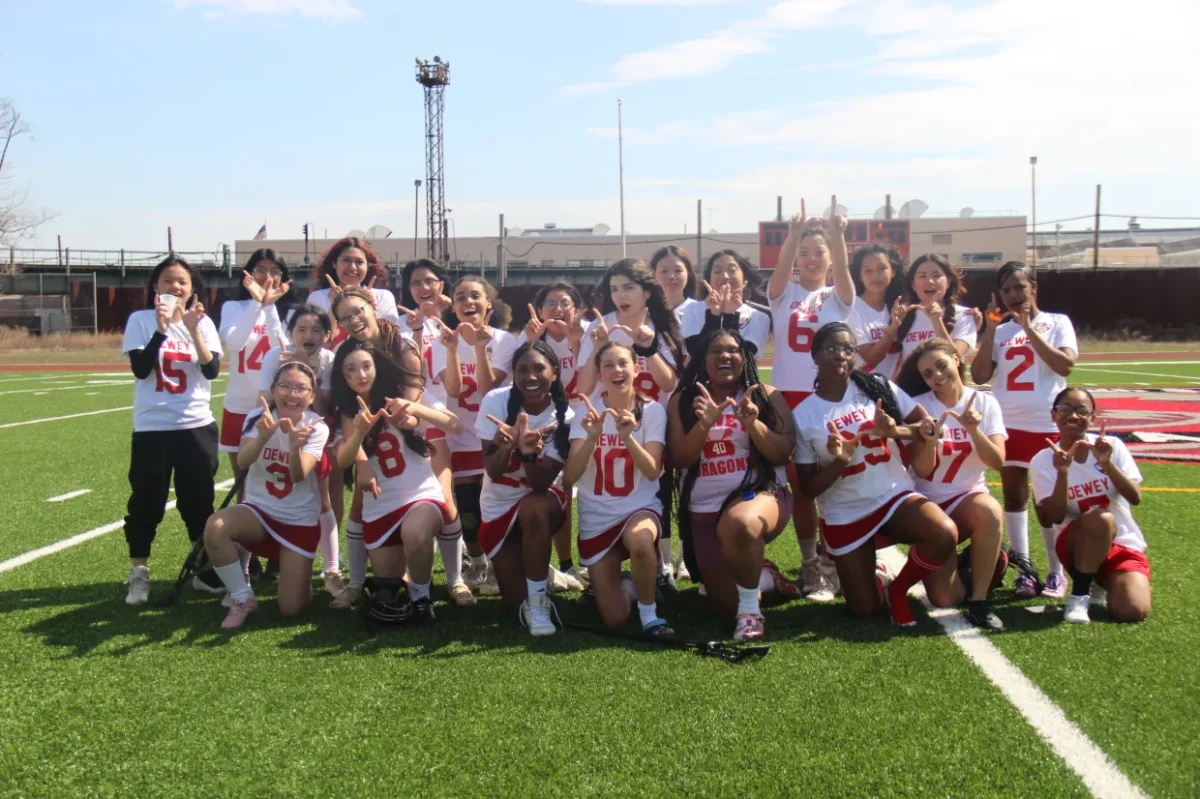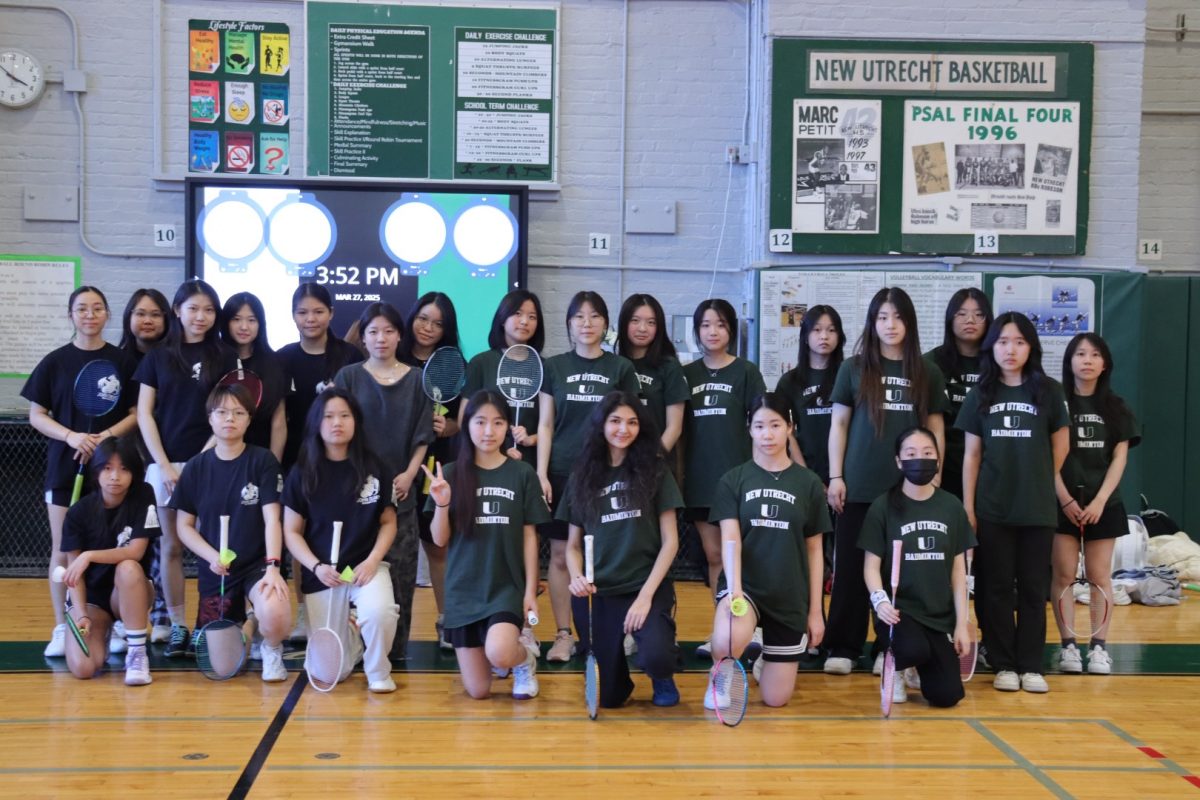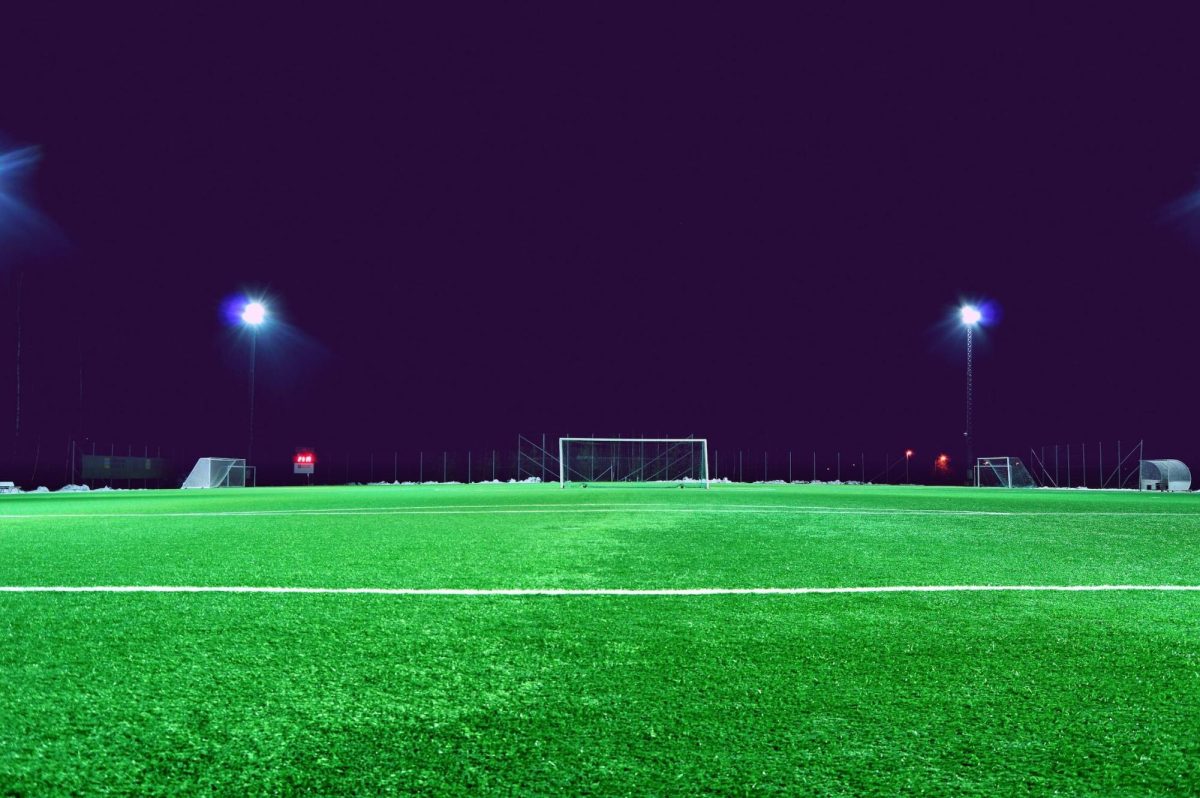Throughout NYC high schools, competition varies from sport to sport whether it be soccer, basketball, football, e-sports, etc. These activities bring students together in order to defeat other teams from other schools to prove their dominance in the said competition. However, there are different tiers of skill in high school sports and students are categorized into these tiers depending on their level of capability in said competition.
What are Varsity/Junior Varsity Sports?
Made up of freshman and sophomores, these teams are made up of capable players who are not skilled enough to enroll in a varsity team. In high school sports there are usually two levels of competition one for varsity players and one for junior varsity players. This is in order to give players who are not yet at the skill level of varsity players a chance to hone their skills as they show potential. Although JV (Junior Varsity) is made up of primarily freshman/sophomore students, it can have junior and senior players because all in all, it’s the level of skill that a player has that determines the team they play on.
Varsity teams are made up of the schools better, more qualified players in a sport. Varsity players tend to be more skillful in their sport and have the experience that JV players lack which sets them a tier above JV. Varsity basketball player Nathaniel Tomlinson says that the skill disparity between Varsity and JV is “about 5/10”. Varsity sports are also the highest level of competition a high school athlete can partake in.
Are there any benefits to playing JV sports?
“Junior Varsity is mainly for players who need to improve as they’re not yet near that collegiate level that varsity players are closer to” Lacrosse Coach Mr. McGowan said. “I do think that Junior Varsity is necessary because it helps players grow in order to compete at higher levels of competition in the future if they’d like.”
“I believe JV should be a thing since the players are usually younger and it gives a chance to practice skills” Varsity Basketball player Nathaniel Tomlinson said. “I don’t think there’s that big of a difference in skill level, but there’s still that gap in physical development. It’s not really about teamwork, just physical development that separates JV and Varsity.”
Junior Varsity sports are made for people who aren’t as skilled to play on a higher level yet, which allows for the privilege of practice against other schools. It’s necessary to hone your skills in Junior Varsity before moving up to Varsity if you are not yet qualified as physical development as well as skill is necessary for Varsity play.
What Benefits Do Varsity Sports have?
Varsity sports tend to have greater benefits than JV sports due to the higher skill ceiling and harder competition that the players in this league go through. An example would be sports scholarships that can be offered to exceptionally skilled Varsity players. Although JV players can attain some scholarships or compensation for amazing performance, it is very uncommon for them to get any as JV is primarily made for practice.
“I say it [scholarships] should definitely be limited to varsity because in a JV team you don’t really compete at a colligate level.” Said varsity soccer player Alex Chen.
Should you sign up for a sports team/club?
It is up to the student as to whether or not they should join a school team or club when it comes to sports. Colleges prefer students with several extracurriculars and having a year or two in a sports team would really help with this. Although some people cannot play a sport due to outside of school circumstances, it is looked up upon to do so. If sports do not intrigue a student, they should look into other activities such as chess, esports, or any other clubs that offer competition without having to be athletic.















